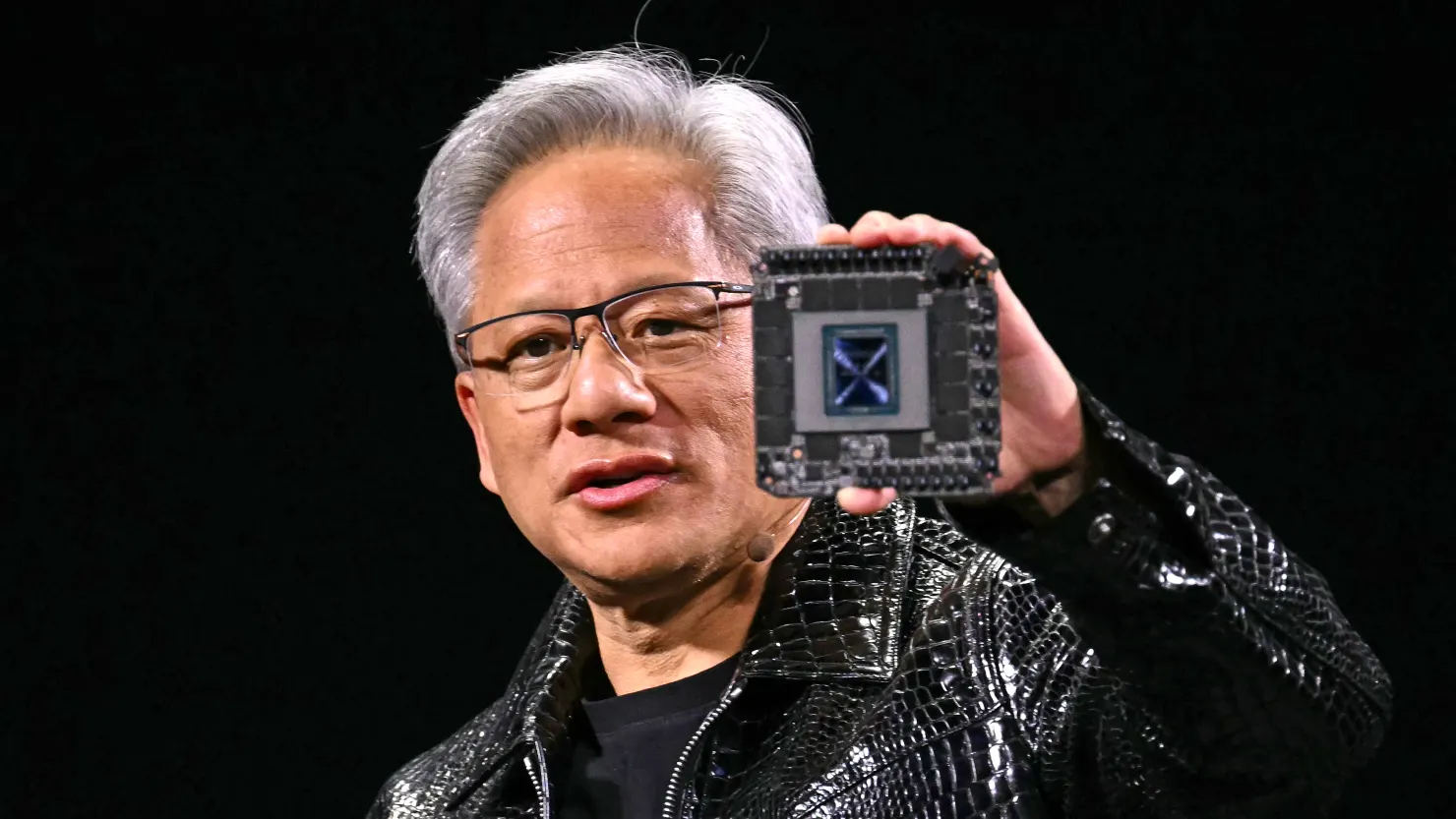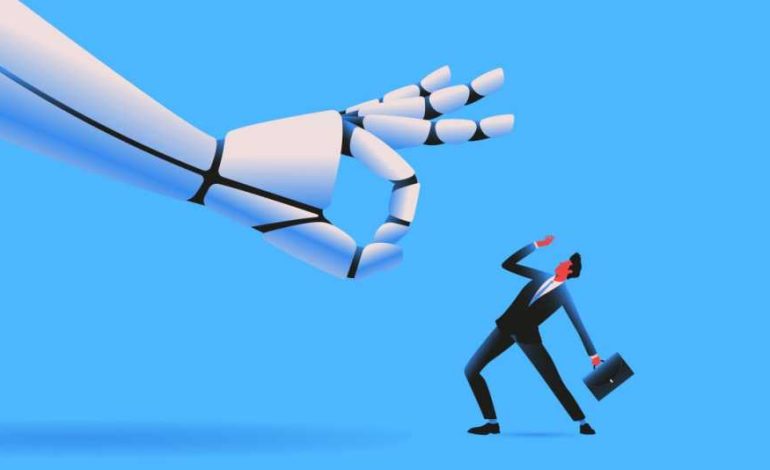In a candid assessment of artificial intelligence’s workplace impact, Victor Lazarte, a general partner at venture capital firm Benchmark, voiced concern that AI is already replacing — not just supporting — human workers, particularly in white-collar professions like law and recruitment, Business Insider reports.
Speaking on a recent episode of the “Twenty Minute VC” podcast, Lazarte pushed back against the common corporate narrative that AI is a tool for workforce “augmentation.”
Instead, he argued:
“It’s fully replacing people.”
He specifically called out two professional fields as especially vulnerable: lawyers and recruiters.
“If you’re in law school today, you should be asking yourself: what will I be doing in three years that AI won’t be doing better?” he said.
The legal industry, long known for time-intensive research and document review, is already seeing automation encroach on traditional entry-level tasks. AI tools are increasingly capable of handling contract analysis, discovery, and other administrative functions.
Recruitment is undergoing a similar shift. Startups like OptimHire have raised significant funding to develop AI agents that can manage key aspects of the hiring process — including candidate sourcing, screening, and interview scheduling. OptimHire claims its product, OptimAI Recruiter, can significantly cut the time and cost involved in talent acquisition.
Legal professionals themselves have acknowledged the changing landscape. At a recent legal tech conference, employment attorney Todd Itami described the profession as being at a tipping point.
“Lawyers are dinosaurs,” he said. “Learning to use AI is imperative.”
Recruitment and human resources teams are also adapting, with many already incorporating AI into résumé reviews, applicant screening, and initial communication — a trend that began accelerating in 2023.
Beyond individual jobs, Lazarte said AI’s economic implications could reshape the very structure of businesses. With higher efficiency and lower costs, he predicted that companies will become more valuable while operating with much smaller teams.
“You’re going to have these trillion-dollar companies being done by very small teams,” he said. “People that own shares will get richer, founders will get way richer.”
While the technology may drive corporate profitability, Lazarte cautioned that such a shift could also exacerbate economic inequality. The rise of lean, AI-powered firms, he said, could become a “very destabilizing force.”
He concluded by suggesting that AI may soon extend its influence beyond the workplace, transforming daily routines and decision-making.
“Pretty soon we’re going to have an app that just tells us what to do all day — and we’re going to love it,” Lazarte said. “We’ll be obedient to machines.”










The latest news in your social feeds
Subscribe to our social media platforms to stay tuned